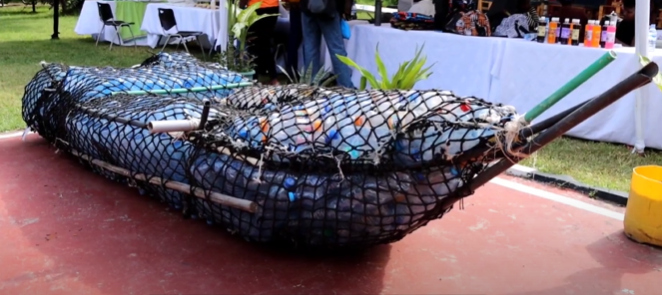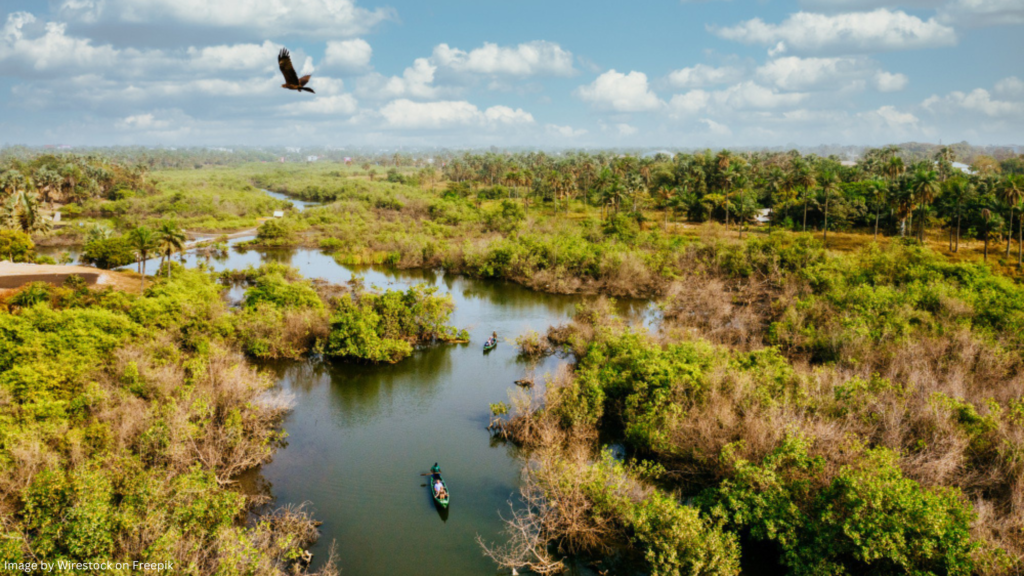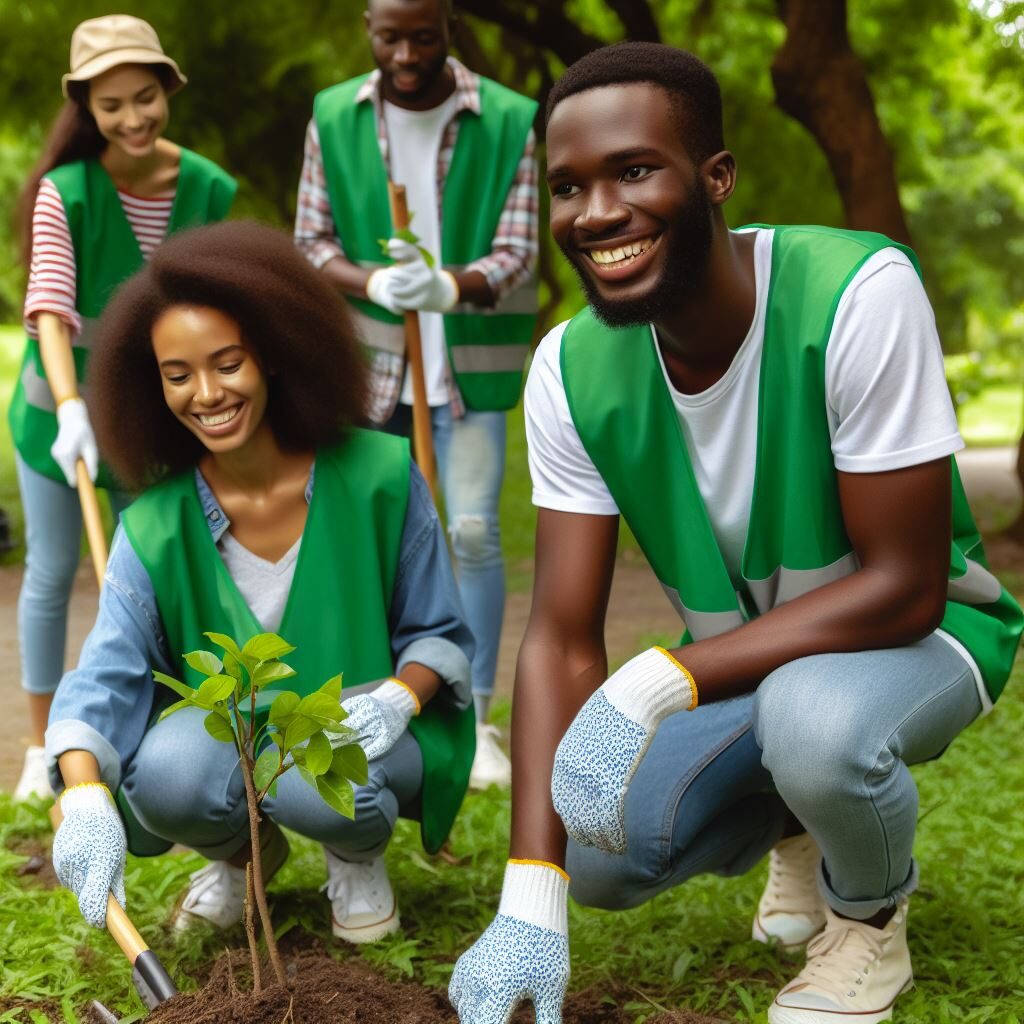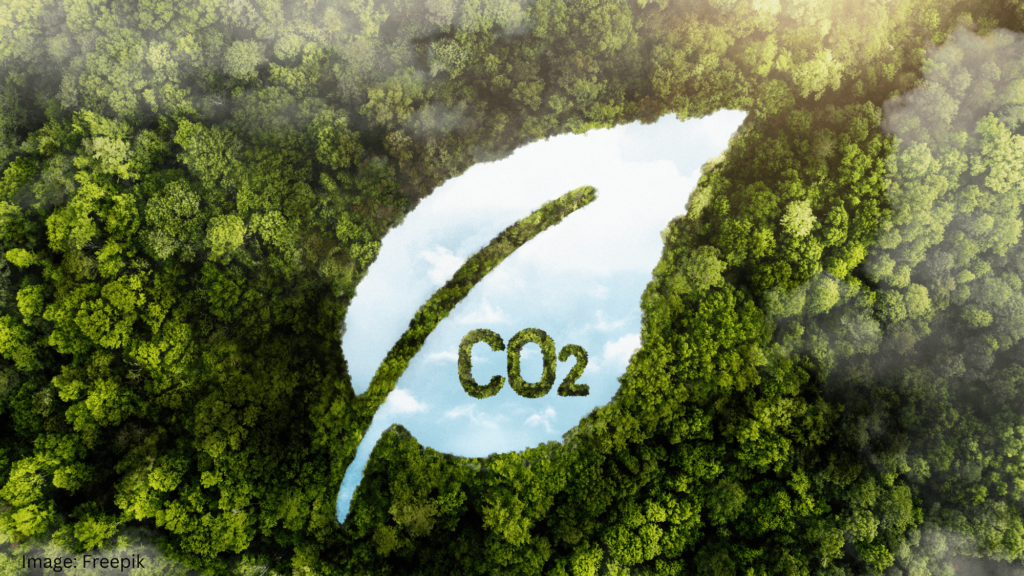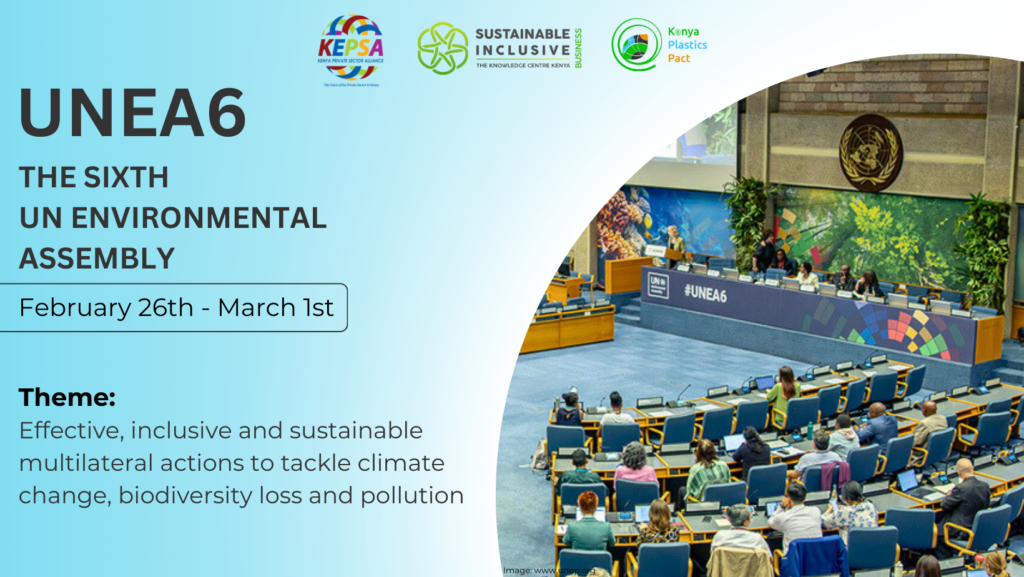The Essential Role of Gender Mainstreaming in Transforming Kenya’s Waste Management Sector
In Kenya, the waste management sector is not just a critical component of our environmental sustainability efforts, but also a reflection of our societal values and commitment to equity. The recently launched Gender Mainstreaming Toolkit in Waste Management by The Kenya Private Sector Alliance (KEPSA), through its knowledge center, the Sustainable Inclusive Business Kenya (SIB-K) offers a comprehensive guide that underscores the indispensable role of gender equity in this sector.
Could Rethinking Plastic Packaging Design be the Key to Ensure Smooth Implementation of the EPR Process?
What do producers or manufacturers, Producer Responsibility Organizations (PROs), waste pickers, and recyclers have in common? They can all contribute to the smooth adaptation to Extended Producer Responsibility (EPR). Likewise, all these stakeholders have pain points caused by the EPR implementation. The producers assert that they would need to raise their products’ prices to cover […]
Afya Duara Organics Demonstrates Multiple Functions of Recycled Organic Waste
Organic waste in Kenya presents both challenges and opportunities in waste management. Representing about 70% of all waste generated in Mombasa County’s urban area, organic waste in landfills forms a breeding ground for disease-carrying pests, which can quickly become a health concern for residents, especially in close-knit informal dwellings. Organic waste also generates methane gas, […]
Restoring River Mtopanga: Innovative Mombasa Community Group Find Clever Use of Plastic Waste Collected Along River
The late Prof. Wangari Maathai, the founder of the Greenbelt Movement dedicated to planting trees across Kenya and alleviating poverty, was an environmentalist best known for doing what was right, whether alone or with a group. One of her most famous quotes is, “I will be a hummingbird; I will do the best I can” […]
Our Social Fabric as a Driver in Environmental Action
The intricate web of relationships, values, and norms that bind communities together forms the community’s ‘Social Fabric.’ It influences general behavior and the community’s values, which cultivate an interest in the environment and the attitude to push for policy changes. The environment extends beyond human interactions to include our relationship with the natural world. Given […]
Sustainable Water Management in Kenya: Navigating Challenges for a Thriving Future
Water is a fundamental resource for sustaining life, supporting ecosystems, and driving socioeconomic activities. When we have it in plenty, we tend to forget how vital it is, but when it becomes scarce, we quickly realize it is a matter of life and death. The average human can generally go about 30 days without food […]
How the Circular Economy Model Can Create Socioeconomic Value in Kenya
Plastic packaging has brought us undeniable convenience, which is valuable for our bustling, on-the-go society. This is especially true in the food and beverage industry and other fast-moving everyday products. However, the type of economy that currently creates this value is the linear or take-make-waste type, which is mainly focused on delivering the product to the market […]
Understanding the Carbon Market in Kenya: The Glaring Opportunities
In the era of climate change and environmental responsibility, businesses are increasingly looking for ways to reduce their carbon footprint while also tapping into new revenue streams. Carbon trading presents a unique opportunity for companies to not only mitigate their emissions but also generate financial benefits. The Carbon Market is a system designed to reduce […]
The Importance of Including Indigenous Knowledge in Climate Action
The interconnected nature of native communities with their land and livelihood activities is undeniable when one looks at how they rely on environmental observation in daily decision-making. With little to no help from technology, they observe seemingly unrelated occurrences, such as the behavior of animals and insects, and then form a climatic prediction. Similarly, they […]
UNEA 6: What to Expect from Kenya’s Private Sector Participation
The United Nations Environment Assembly’s sixth session (UNEA-6) can be summarized as a platform for exploring new ideas and making bold decisions to help us chart an ambitious path towards collective environmental action. Taking place from February 26th to March 1st at the United Nations Environmental Programme (UNEP) Headquarters in Nairobi, this year’s UNEA6 session […]




